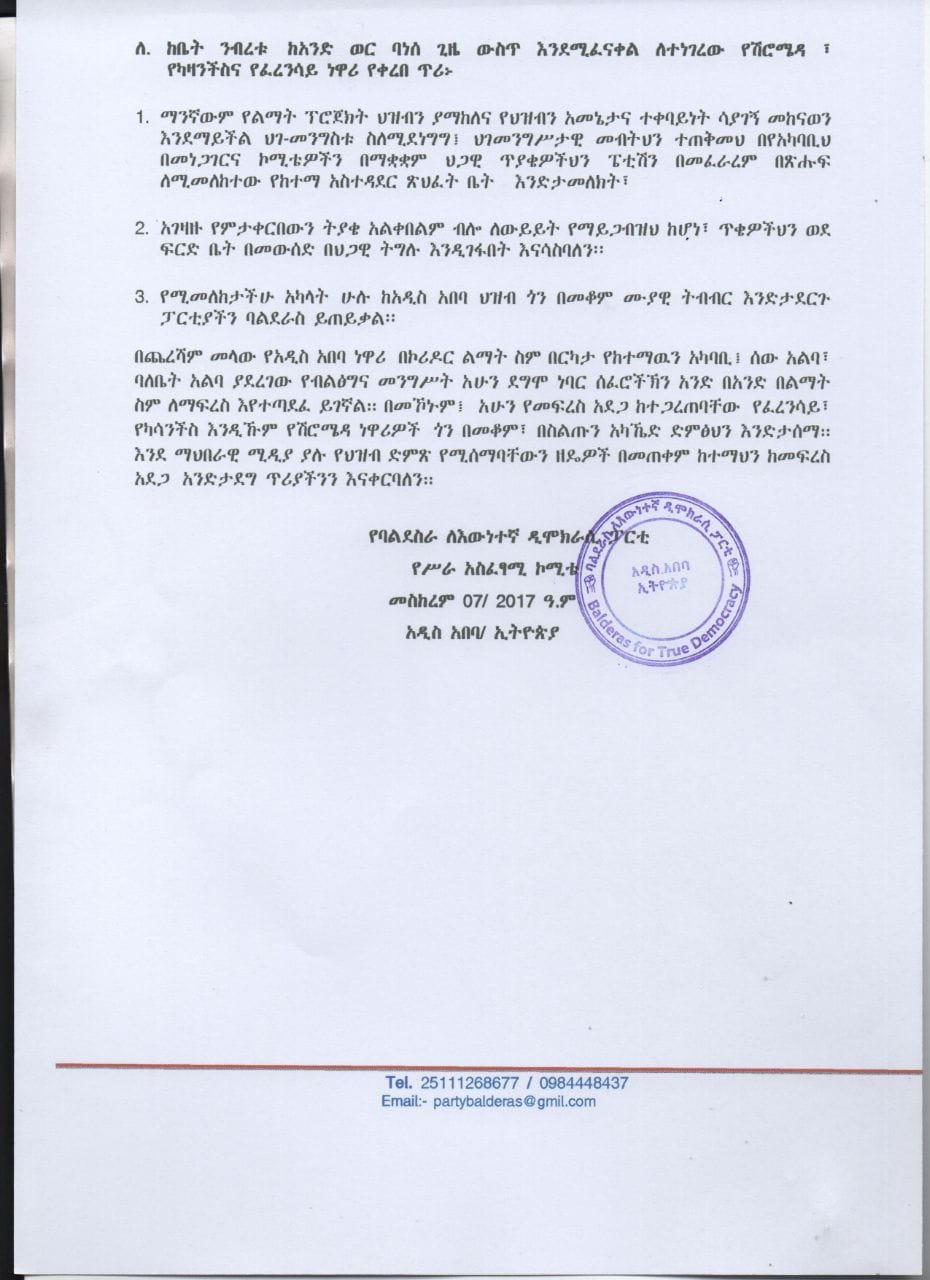Ethiopia’s Democratic Regression: Mounting Pressure on Media and Civil Society Organizations
Ethiopian authorities have intensified their crackdown on independent voices, with plans to silence both media outlets and civil society organizations ahead of the 2026 national elections. The government’s latest actions include the suspension of four prominent human rights organizations, marking a significant escalation in restrictions on civic space and independent oversight.
According to Human Rights Watch, since November 14, 2024, the Ethiopian Authority for Civil Society Organizations (ACSO) has targeted key human rights defenders, issuing suspension orders to the Ethiopian Human Rights Council (EHRCO), the Center for the Advancement of Rights and Democracy (CARD), the Association for Human Rights in Ethiopia (AHRE), and Lawyers for Human Rights (LHR). These organizations were forced to cease operations under allegations of political bias and engaging in activities that “undermined national interest.”
The timing of these suspensions appears particularly significant, as they came shortly after these organizations joined public criticism of proposed amendments to the government’s media law. These amendments would effectively diminish the independence of the country’s media authority by bringing it under direct control of the Prime Minister’s Office. The government’s broader strategy includes plans to shut down at least 10 private media outlets and more than 80 media organizations, creating a severe threat to independent information flow during the pre-election period.
The suspended organizations have challenged the legitimacy of these actions. CARD and AHRE have pointed out that ACSO failed to follow required procedures under the 2019 Charities and Societies Proclamation, including the absence of prior written notice of non-compliance. LHR has announced its intention to contest the suspension through legal channels, though their ability to mount an effective defense is severely hampered by their forced closure.
This crackdown reflects a broader pattern of government efforts to silence independent voices. Earlier in 2024, Ethiopian security and intelligence forces engaged in intimidation tactics, following staff members of human rights organizations at their workplaces and homes, demanding they cease their human rights reporting or face consequences. These threats have forced many human rights defenders to either self-censor or flee the country.
The government’s actions stand in stark contrast to Prime Minister Abiy Ahmed’s public statements. On November 26, 2024, he praised his government’s reforms on media freedom and civil society engagement on Facebook. However, these claims ignore the escalating crackdown on independent voices and the systematic dismantling of recent reforms.
The international implications of these actions are significant. With few avenues remaining for international scrutiny, particularly after the termination of the African Commission’s inquiry on Tigray in June 2023 and the UN’s failure to renew its expert inquiry on Ethiopia in September 2023, the situation has become increasingly critical. The government’s actions have already forced at least 54 Ethiopian journalists and media workers into exile since 2020, according to the Committee to Protect Journalists.
The targeting of both media outlets and civil society organizations appears designed to eliminate independent oversight of the upcoming 2026 electoral process. This coordinated approach effectively removes both the watchdogs and the platforms through which they might raise concerns about electoral irregularities, creating a dangerous void in accountability mechanisms essential for democratic processes.
This coordinated assault on independent media and civil society organizations represents more than just institutional closures; it signifies a potentially irreversible setback for democratic development in Ethiopia. As the 2026 elections approach, the international community’s response to these developments will be crucial in determining whether Ethiopia maintains its path toward democratic governance or slides further into authoritarian control.
© Written by Yaphet Teffera, North America Support Group



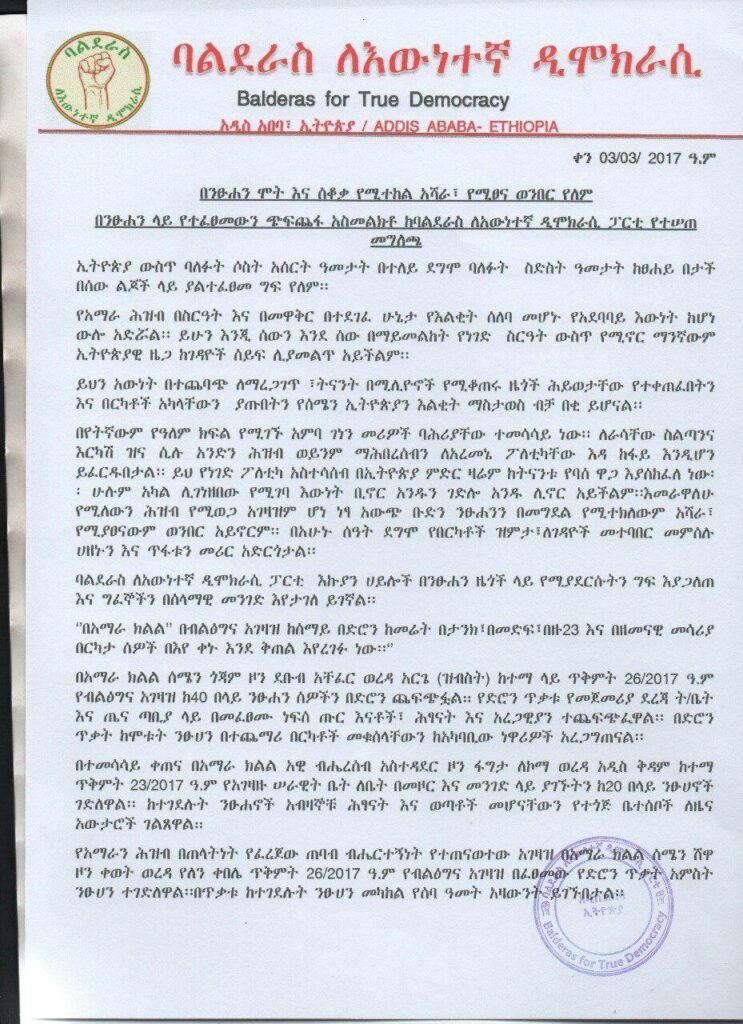
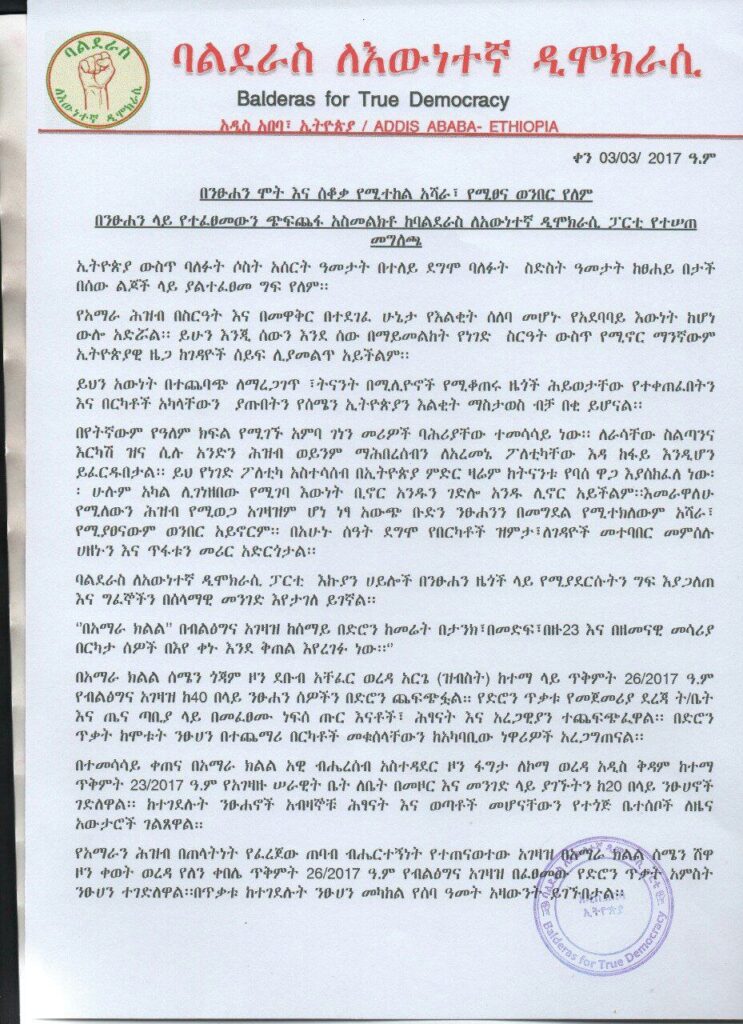
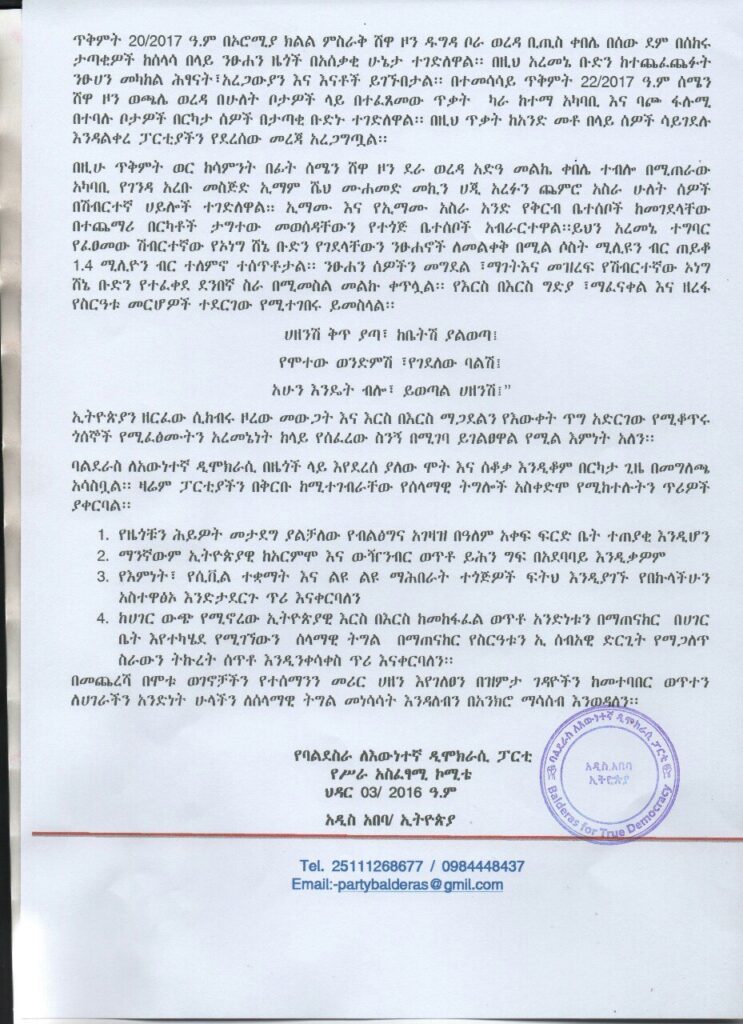
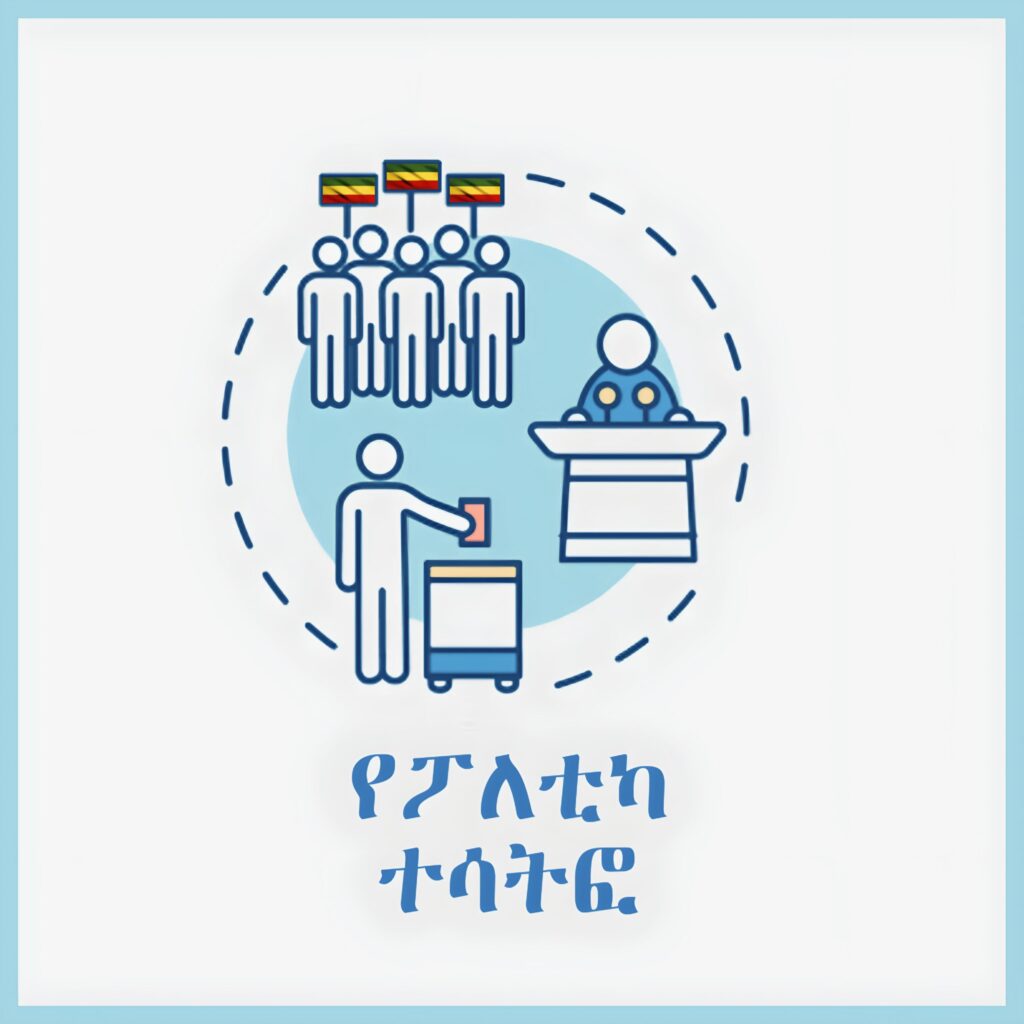
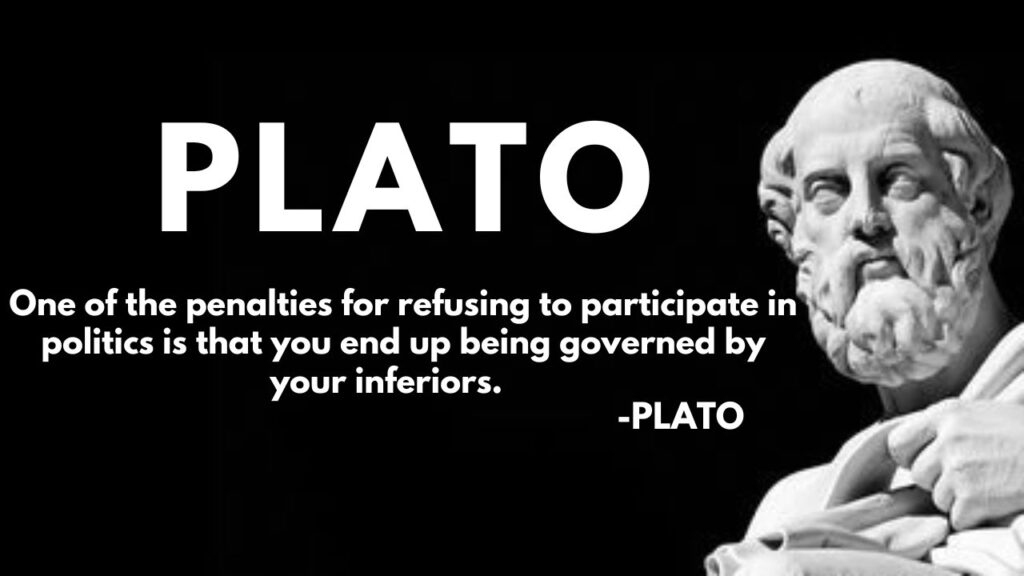
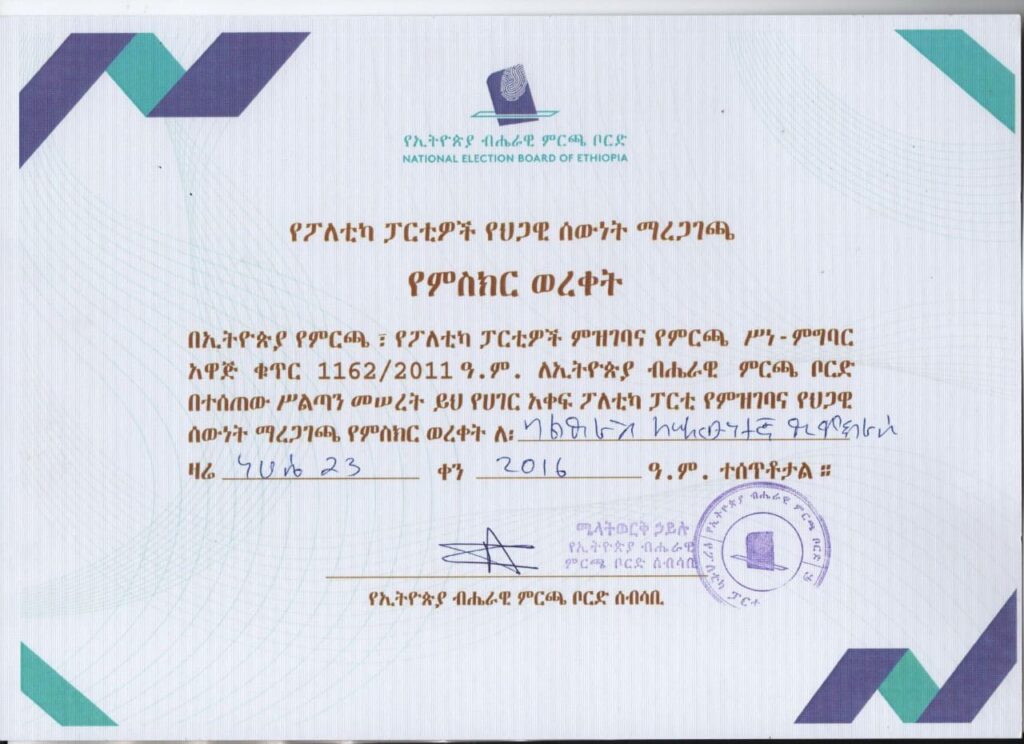
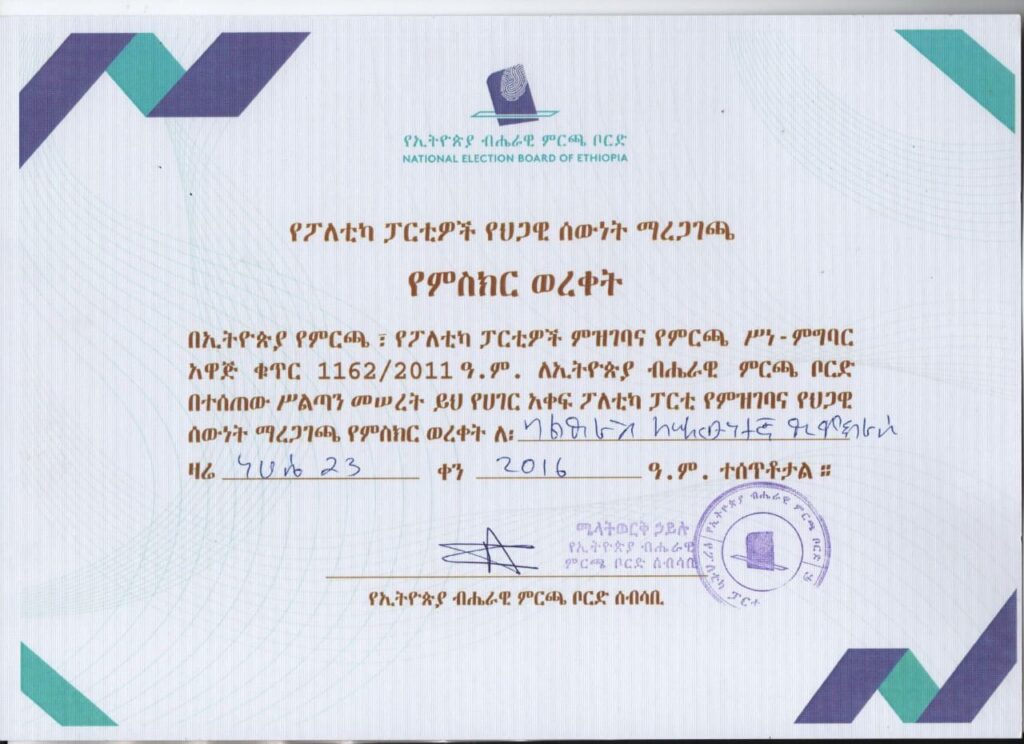
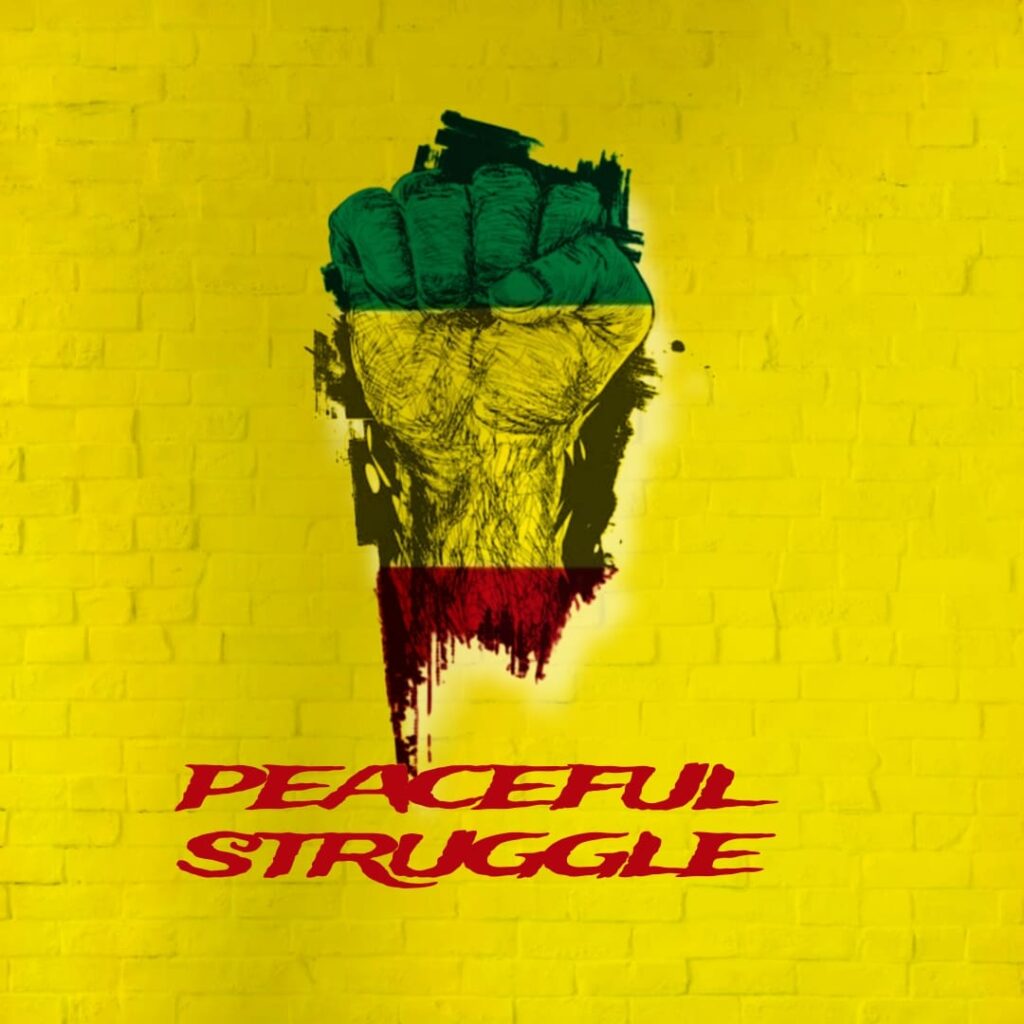
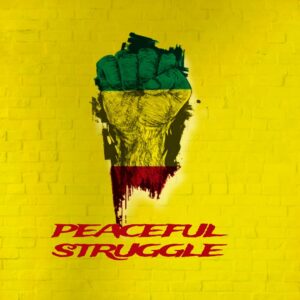
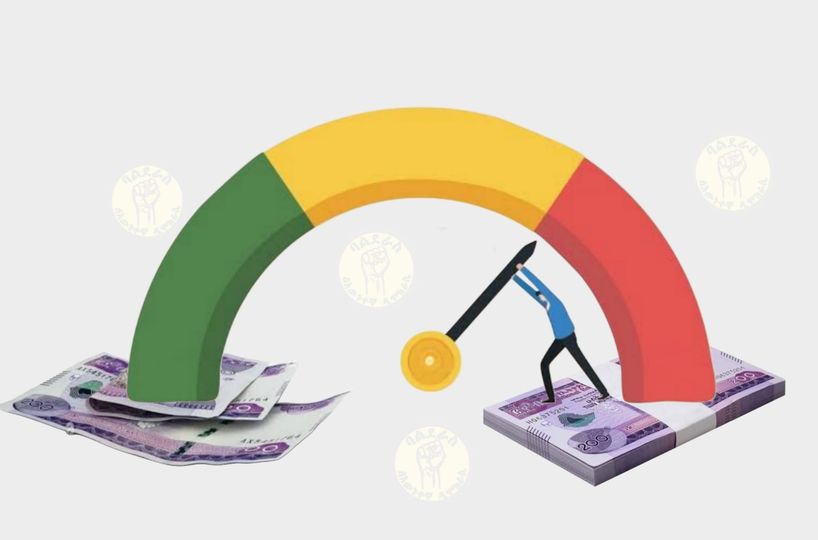
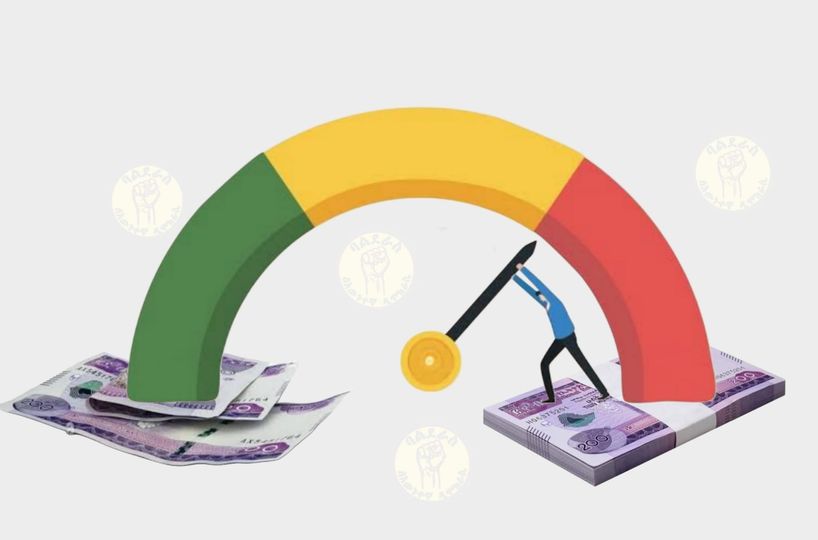
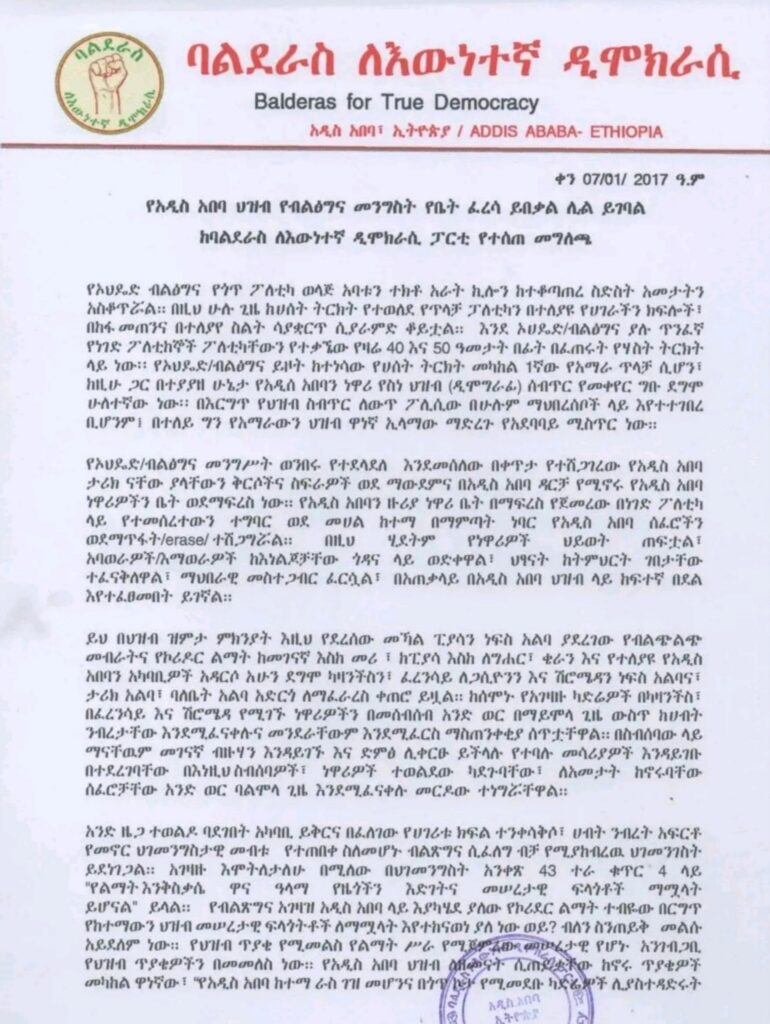
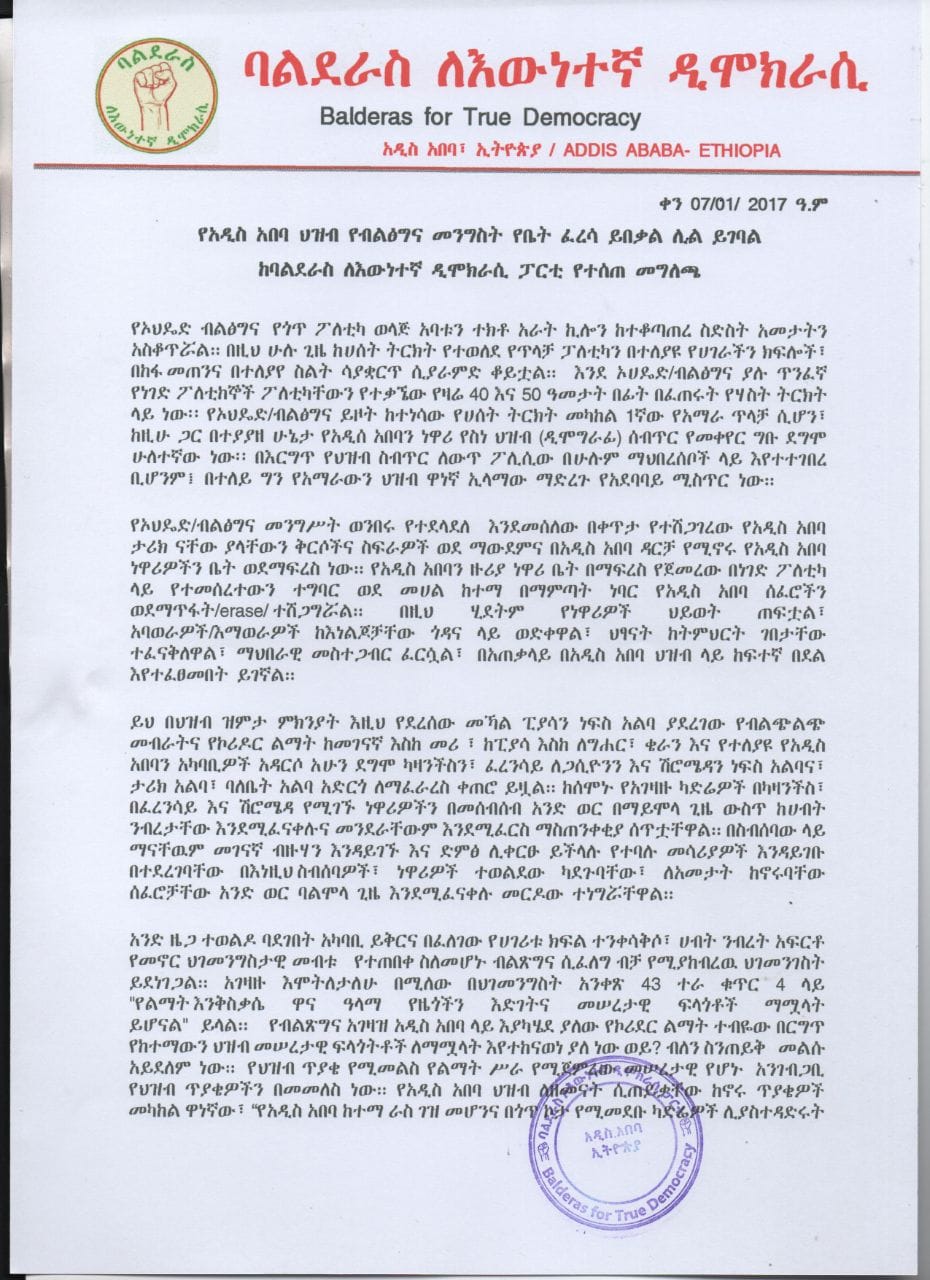
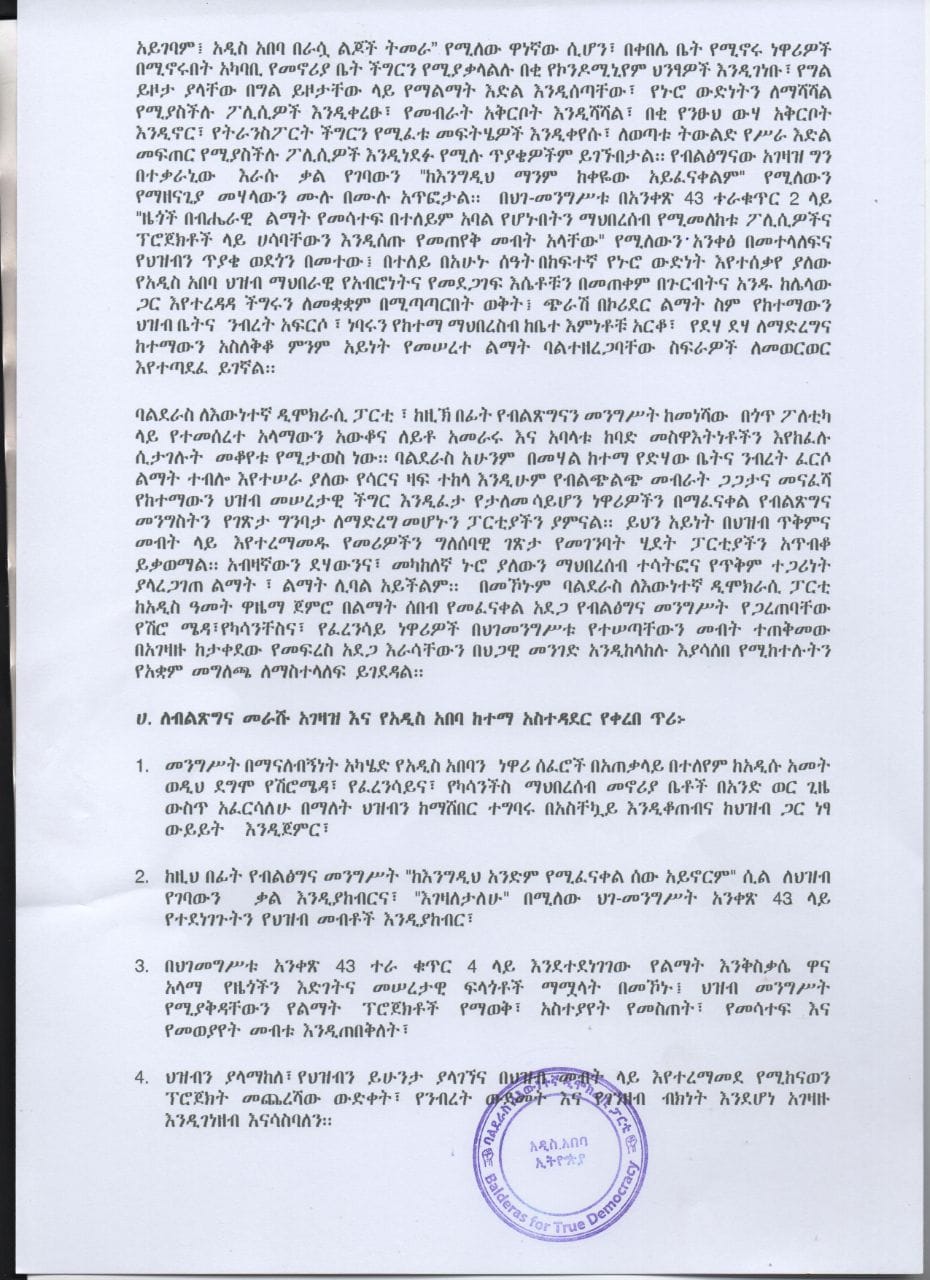 ሀ. ለብልጽግና መራሹ አገዛዝ እና የአዲስ አበባ ከተማ አስተዳደር የቀረበ ጥሪ፦
ሀ. ለብልጽግና መራሹ አገዛዝ እና የአዲስ አበባ ከተማ አስተዳደር የቀረበ ጥሪ፦